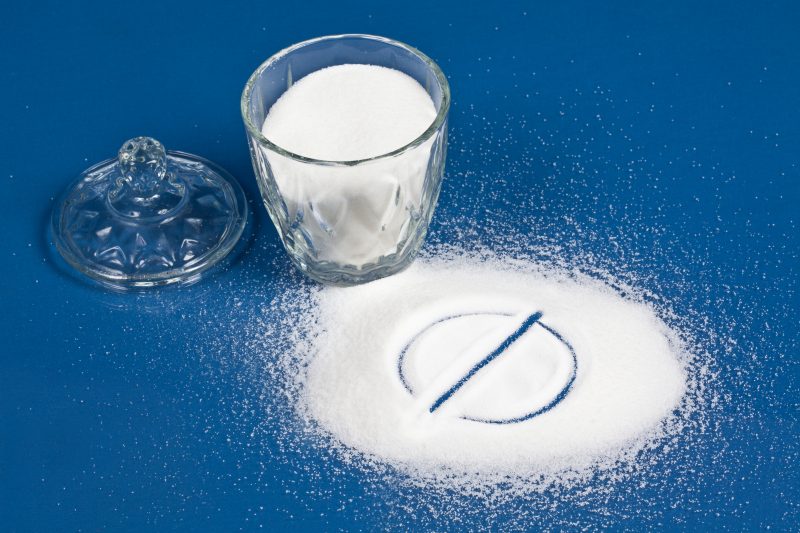Scrutinising sugar

At last month’s Food and Drink Federation (FDF) Awards, Ian Wright, director general at FDF, warned guests, “There is a debate about to ensue, perhaps already started, on the place of individual parts of the industry… It is a reasonable debate, it is an important debate, and it could be an absolutely crucial debate in terms of our commercial future.”
The debate in question is, of course, related to sugar. In recent months there have been several high profile discussions of sugar reduction – from the publication of the SACN’s report, which advised the UK government to halve the intake recommendation of free sugars in the population’s diet to less than five per cent of daily energy intake; to commitments from UK supermarket giants to ban children’s sugary drinks from stores and remove chocolates and sweets from till points; as well as numerous calls for a sugar tax, with supporters ranging from celebrity chef Jamie Oliver to the British Medical Association.
In the face of attack, and rightly proud of its efforts so far in contributing to sugar reduction – through product reformulation and the introduction of smaller pack sizes, for example – the food and drink industry has been stressing the importance of education and the encouragement of a balanced diet alongside physical exercise.
As Wright said, “This is a fantastic industry, a huge contributor to the economy, and we do not want it to be belittled in any way, shape or form.”
This week, Brighton and Hove became the first British city to introduce a voluntary sugar tax. While the local council is calling on food and drink shops to impose a 10p surcharge on all sugary soft drinks, it is also taking steps to ensure healthy snacks are available in vending machines and aiming to bring food education studies into every primary school.
Whilst additional taxes, on top of the already enforced 20 per cent VAT on most foods, have been deemed “regressive, ineffective and unworkable”, it is promising to see a more collaborative approach involving education and the promotion of a balanced diet being adopted, rather than just the demonisation of certain ingredients and food and drink products.



